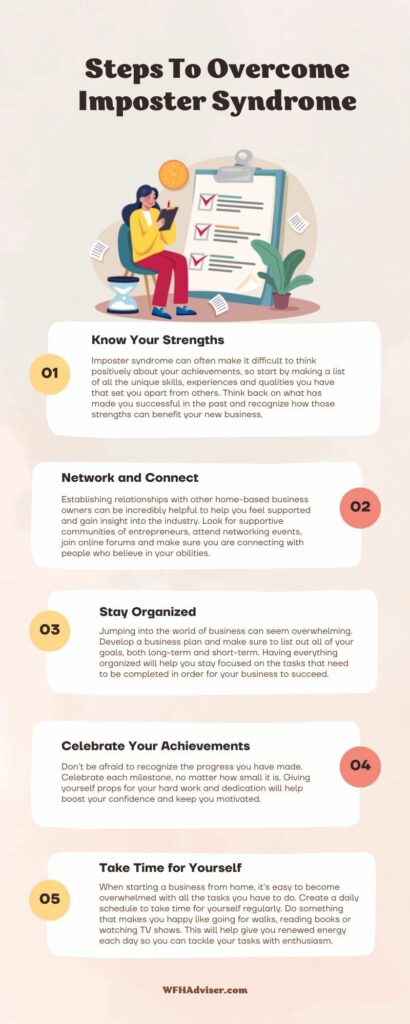Imposter syndrome can creep up on all of us at some point in our lives. Some common signs of imposter syndrome include feeling like a fraud or a phony, despite evidence to the contrary; having doubts about one’s achievements and accomplishments; attributing success to luck rather than skill or hard work; being afraid that others will find out you are not as competent as they may think; constantly seeking approval from others and avoiding taking risks in order to avoid failure; and feeling like an outsider or not belonging, even when surrounded by peers.
Imposter syndrome can manifest itself in many ways and is often accompanied by feelings of insecurity, self-doubt, and low self-esteem. It is important to be aware of the signs of imposter syndrome so that it can be addressed appropriately. If you believe you may be struggling with imposter syndrome, it is important to reach out for help and support. Talking to a trusted friend or family member can often help you better understand your feelings and provide the reassurance that what you are feeling is normal.
This infographic outlines other ways to overcome imposter syndrome.

For more information on Imposter Syndrome, check out Pam Wiselogel’s interview on the Brave Looks Good On You podcast.






